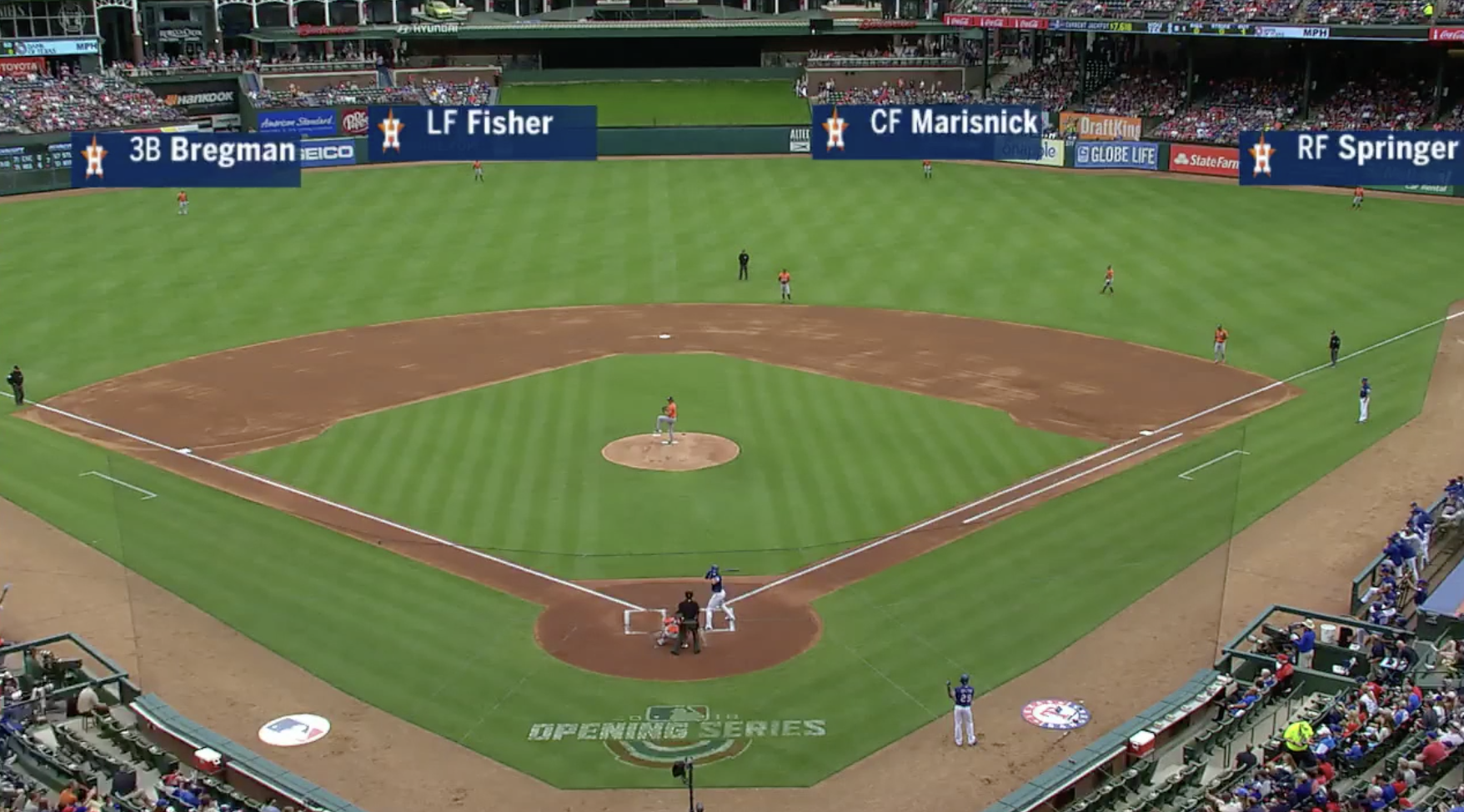You Can’t Blame Tanking for the Lack of Competitive Teams
Tanking is a problem. Professional sports like baseball are built on the assumption that both sides are trying to win. Organizations putting forth less than their best efforts hurts the integrity of the sport and provides fans with little reason to engage. That said, the perception of tanking might have overtaken the reality of late. Competitive imbalance is not the same as tanking. Sometimes teams are just bad, even if they are trying not to be.
Tanking concerns are not new. Two years ago, just after the Astros and Cubs had turned their teams around, the Phillies were attempting to dismantle their roster by trading Cole Hamels. The Braves had traded multiple players away from a team that had been competitive. The Brewers, who traded away Carlos Gomez, would soon do the same with Jonathan Lucroy after he rebuilt his trade value.
The Braves, Brewers, and Phillies all sold off whatever assets they could. Two years later, though, those clubs aren’t mired in last place. Rather, they’re a combined 54-37 and projected to win around 80 games each this season in what figures to be a competitive year for each. While the Braves and Phillies could and/or should have done more this offseason to improve their rosters, neither resorted to an extreme level of failure, and the teams are better today than they would have been had they not rebuilt. While accusations of tanking dogged each, none of those clubs descended as far as either the Astros or Cubs. None came close to the NBA-style tank jobs many feared.
One might suspect that I’ve cherry-picked the three clubs mentioned above, purposely selecting teams with surprising early-season success to prop up a point about the relatively innocuous effects of tanking. That’s not what I’ve done, though. Rather, I’ve highlighted the three teams Buster Olney cited by name two years ago — and which Dave Cameron also addressed — in a piece on tanking.


